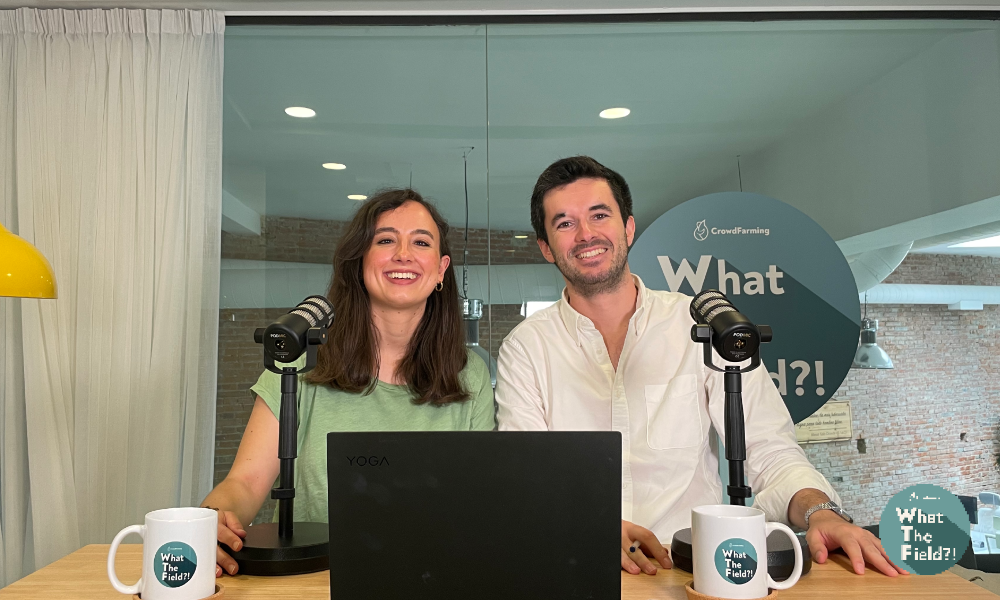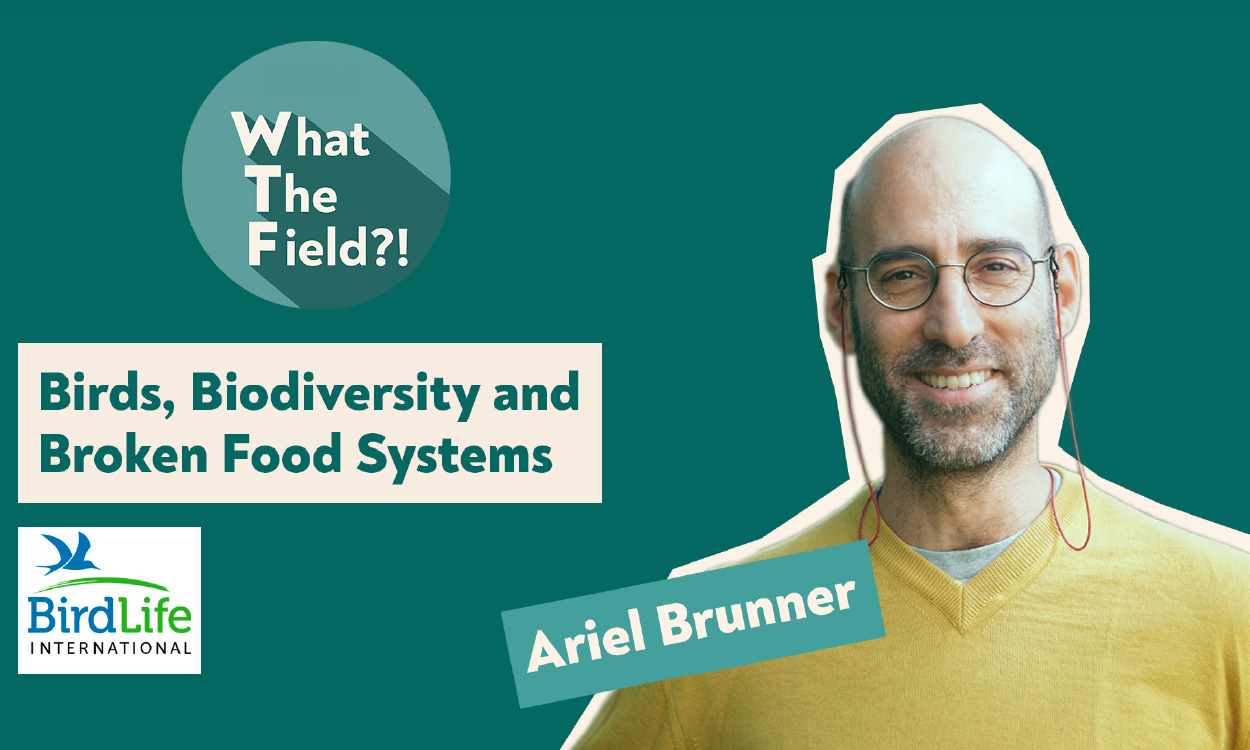A conversation with Juliana Jaramillo of the Rainforest Alliance
Juliana leads the Rainforest Alliance’s regenerative agriculture initiative. Some of you may be familiar with their “green frog” certification. We talked to her about the Rainforest Alliance’s mission and her views on regenerative agriculture.
What is the Rainforest Alliance?
The Rainforest Alliance’s mission, Juliana tells us, goes beyond certification. This non-profit organisation focuses on building alliances, as its name suggests, “to protect forests and biodiversity, take action on climate, promote the rights and improve the livelihoods of rural people, with the goal of creating a world where people and nature thrive together”.
Is a certification that doesn’t require fair prices useful?
As Juliana clarified, the Rainforest Alliance’s approach is about empowering farmers in a holistic way, focusing not only on market prices but also on quality, resilience and business growth. It is a long-term perspective that goes beyond immediate gains.
How does the Rainforest Alliance define regenerative agriculture?
Juliana emphasised that regenerative agriculture is not a one-size-fits-all solution, context is everything. Strategies need to be adapted according to local realities and farming systems.
Does regenerative agriculture contribute to the elimination or reduction of the use of synthetic agrochemicals?
The Rainforest Alliance sees the transition to regenerative agriculture as a journey, the starting point of which is conventional agriculture. The stages of this journey are divided into efficiency, substitution and redesign. That is, first reducing the use of inputs, then substituting them with less harmful and organic inputs, and finally the total system redesign in which there is no reliance on inputs.
Whose responsibility is it to achieve the transition to regenerative agriculture?
In conclusion, Juliana highlighted the need for a collective effort by consumers, producers, businesses and governments to drive the transition to regenerative agriculture, aligning economic incentives with knowledge and support.
Did you like it? Don’t miss out, you can watch the full episode here, or listen to it on any audio platform.







Comments
Please note that we will only respond to comments related to this blog post.